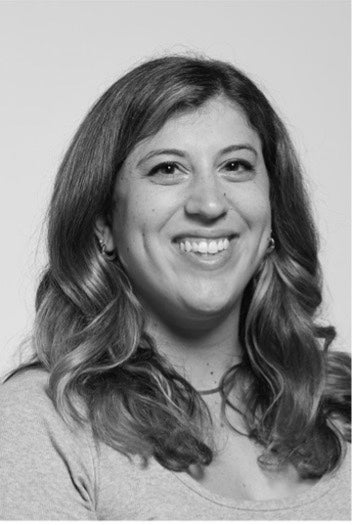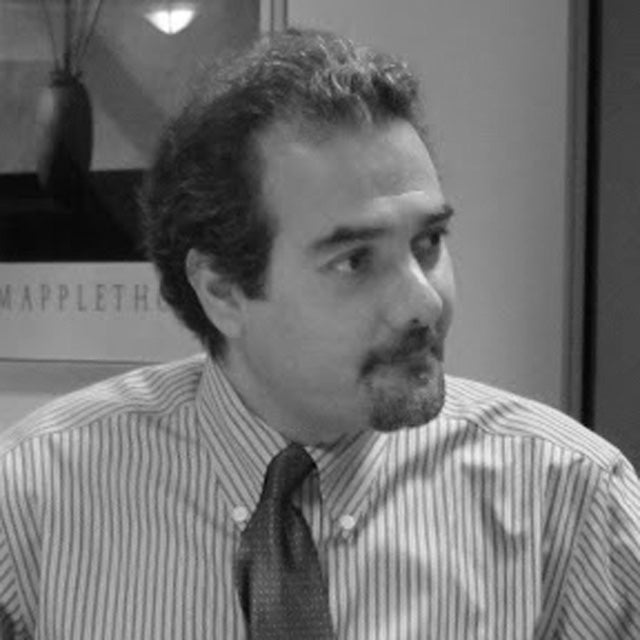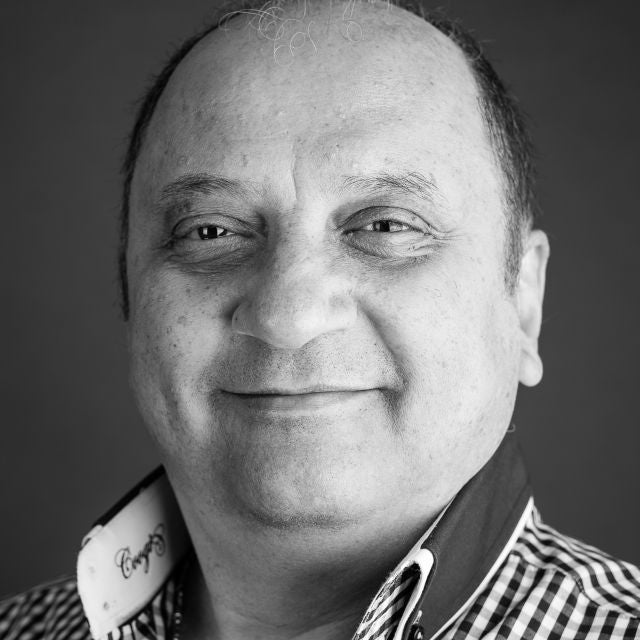Shawndeeia Drinkard

Dr. Drinkard received her doctoral degree in clinical psychology at the California School of Professional Psychology at Alliant International University. She completed her predoctoral internship at the University of California, Irvine Counseling Center. She completed her postdoctoral residency at the University of California San Diego Counseling and Psychological Services.
Dr. Drinkard's research interest broadly includes mental health promotion in underserved and minoritized communities. Her other research interests include training issues and developments in Clinical Psychology, sexual health, sex education in underserved communities, and advancements in culturally responsive community-based interventions.
Dr. Drinkard also works in the non-profit sector as the Director of the Urban Mental Health and Wellness Initiative. In her role, she works toward destigmatizing mental illness and encouraging help-seeking behaviors in underserved/minoritized communities. In her community work, she provides consultation, psychoeducational workshops, and hosts wellness promotion community events.
- Black mental health
- Women's issues, Couple, and family interventions
- Psychology clinical training
- Wellness
- Traditional approaches to healing
- Bias & related issues in clinical diagnosis
- Feminist therapies
- Community psychology
- Art therapy approaches
- Participatory action research.
- PhD, CSPP Alliant International University-Los Angeles
- Advanced Psychopathology
- Clinical Interviewing
- Feminist Therapies
- Perspectives in Multicultural Psychology: Black & Asian American Psychology
- Professional Roles in Psychology
Peer-Reviewed Publications
- Drinkard, S. (2018). Michael Kerr. In J. Lebow, A. Chambers, & D. Bruenlin (Eds.), Encyclopedia of Couple and Family Therapy: Springer.
- Drinkard, S. (2018). "Building Strong Families." In J. Lebow, A. Chambers, & D. Bruenlin (Eds.), Encyclopedia of Couple and Family Therapy: Springer.
- Fu, M., Raju, M., Ramirez-Solis, E., German, Z., Drinkard, S., & Tu, J. (2017). "A primer on therapy with diverse couples and families." [Review of the book Diversity in Couple and Family Therapy: Ethnicities, Sexualities, and Socioeconomics. edited by S. Kelly]. PsycCRITIQUES, 62(31).
- Drinkard, S., Dunn, C., Parks, C., & Sumner, L. (2017). I Am Because We Are: Effective Mentoring for African American Graduate Students. In R. L. Miller & T. Collette (Eds.) Teaching Tips: A Compendium of Conference Presentations on Teaching, 2015-16. Retrieved from the Society for the Teaching of Psychology website: http://teachpsych.org/ebooks/
Presentations
- Drinkard, S., Fu, M. (2023) The f word: Bringing down the patriarchy through curriculum [Round table discussion] presented at Association of Women in Psychology Convention, Atlanta Ga, United States.
- Drinkard, S., & Diaz, F. S. (2019, January). Addressing cultural complexities in clinical supervision: Perspectives from a trainee and training Director. Roundtable presented at the National Multicultural Conference and Summit, Denver, CO.
- Drinkard, S., & Fu, M. (2017, August). We Are Because I Am: Exploring the protective role of ethnic identity for Black college students. Poster presented at the American Psychological Association Annual Convention, Washington, DC.
- Drinkard, S., Dunn, C., Raju, M., & Fu, M. (2016, August). “S is for Sex:” Exploring inclusive sex education programs for African American youth. Poster presented at the Association of Black Psychologists Annual Convention, Arlington, VA.











